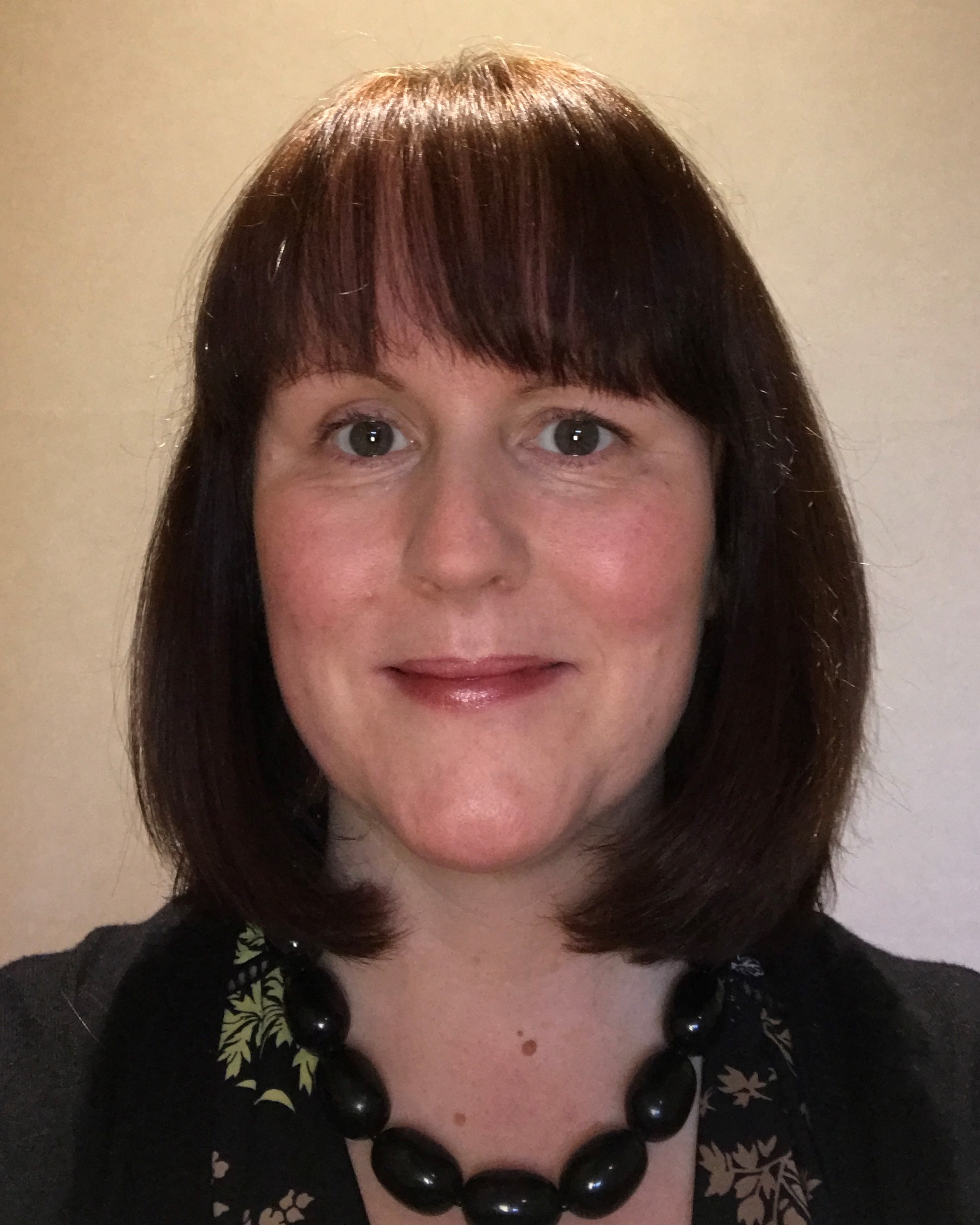
Choice and Empowerment in Mental Health
By Olivia Craig
People ask me regularly what it is like to be the CEO of a mental health charity. Most people are perplexed when I tell them that, in 2014, I left a permanent job to work in a sector where funding is precarious and the future uncertain. For me it was a transformational move that I had always wanted to make, but struggled to find the courage to do so. I grew up in a family in Ireland with parents who were both passionate mental health nurses, something they both did for 40 years each. Mental health as a topic of conversation was never off limits in our house, and my father was a firm believer in the power of talking therapies in particular – in fact, he was seen as a maverick because at this time most people in Ireland with poor mental health were treated in large psychiatric hospitals, where medication was the prominent treatment option. We also had long term mental ill health within the family, and I experienced first-hand the devastating impact this can have on a person and the people around them.
When I began working at Plymouth & District Mind in 2014, I felt like I had come home. Not only was this bustling charity developing new approaches to supporting people to recover from poor mental health, but they were involving service-users in the development and delivery of these services. They were asking people what they needed to help them get their lives back and how we could facilitate that process. My colleague Paula, one of our Recovery College Tutors, made a comment in my early days with the charity that has resonated with me ever since – ‘never under-estimate the power of choice’. For many people, they don’t think they have a choice – their depression, for example, is who they are. My team believe firmly that the work and support we give allows us to hold hope for someone until they can hold it for themselves. By empowering people to develop the skills they need to self-manage their mental health, we are enabling them to make choices they never thought they had. Of course, we understand acutely that this approach does not work for everyone, and we also offer ongoing and long term support to people with severe and enduring mental health conditions. I think it is also important that people who come to us for help know that we have ‘walked a mile in their shoe’s – over 80% of our team have their own lived experience.
When Felicity approached me in 2016 to become involved in the De-Stress project – it was, as they say, a ‘no-brainer’! I am very keen for this research to enlighten our understanding of the narratives that are currently used across a wide range of mental health support services. It is important that all of us working in the field of mental health take an holistic approach to mental health and wellbeing and this involves taking into account all the contributing factors in a person’s life. The most commonly noted point in a 1:1 assessment with someone accessing Plymouth & District Mind for the first time is their deep concern that they are taking antidepressants but ‘don’t feel they are getting better’. That is why self-understanding and choice is so powerful. The power to understand why you feel the way you do and the support to choose a different path. It is a hard path for many, and one that is not easy to access, but the outcomes are more positive and longer term than the ‘sticking plaster approach’ that still exists. I look forward to what this research will uncover and the important recommendations for all of us that will emerge.
